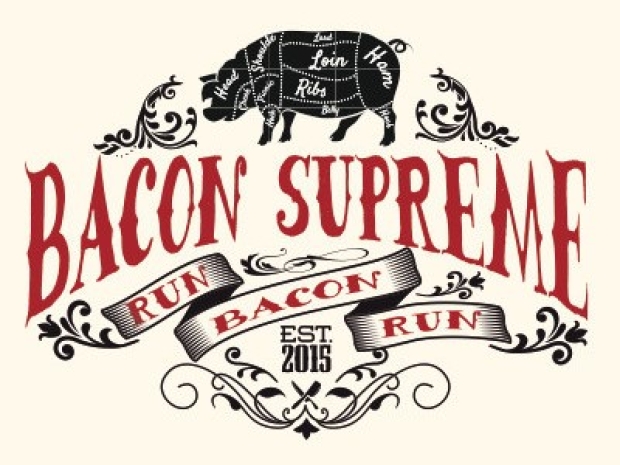Had the Supremes decided to take the case of Gonzalez v. Google, the internet search engine could have found itself being responsible for all the content it recommended on the interwebs. The case involved the family of a woman killed in a terrorist attack suing Google, which the family claimed had violated the law by recommending terrorist content on YouTube. They sought to hold Google liable under anti-terrorism laws.
The court dismissed the complaint largely because of its unanimous ruling in Twitter v. Taamneh. Much like in Gonzalez, a family alleged that Twitter knowingly supported terrorists by failing to remove them from the platform before a deadly attack.
In a ruling authored by Justice Clarence [I get by with a little help from my friends] Thomas, the court declared that the claims were "insufficient to establish that these defendants aided and abetted ISIS" for the attack in question.
Thomas declared that Twitter's failure to police terrorist content failed the requirement for some "affirmative act" that involved meaningful participation in an illegal act.
"If aiding-and-abetting liability were taken too far, then ordinary merchants could become liable for any misuse of their goods and services, no matter how attenuated their relationship with the wrongdoer," writes Thomas.
That includes "those who merely deliver mail or transmit emails" becoming liable for the contents of those messages or even people witnessing a robbery becoming liable for the theft.
"There are no allegations that defendants treated ISIS any differently from anyone else. Rather, defendants' relationship with ISIS and its supporters appears to have been the same as with their billion-plus other users: arm's length, passive, and largely indifferent."
In Gonzalez v. Google, "the allegations underlying their secondary-liability claims are materially identical to those at issue in Twitter," said the court.
"Since we hold that the complaint, in that case, fails to state a claim for aiding and abetting ... it appears to follow that the complaint here likewise fails to state such a claim. Because of that, we decline to address the application of 230 to a complaint that appears to state little, if any, plausible claim for relief."
The Gonzalez ruling is short and refuses to deal with many of the case's specifics. But the Twitter ruling takes on a key question from Gonzalez: whether recommendation algorithms actively encourage certain types of content.
Thomas was sceptical: "To be sure, plaintiffs assert that defendants' 'recommendation' algorithms go beyond passive aid and constitute active, substantial assistance. We disagree. By the plaintiffs' telling, their claim is based on the defendants' 'provision of the infrastructure which provides material support to ISIS.' Viewed properly, defendants' 'recommendation' algorithms are merely part of that infrastructure. All the content on their platforms is filtered through these algorithms, which allegedly sort the content by information and inputs provided by users and found in the content itself.
“As presented here, the algorithms appear agnostic as to the nature of the content, matching any content (including ISIS' content) with any user who is more likely to view that content. The fact that these algorithms matched some ISIS content with some users thus does not convert defendants' passive assistance into active abetting. Once the platform and sorting-tool algorithms were up and running, defendants at most allegedly stood back and watched; they are not alleged to have taken any further action concerning ISIS."
"The interpretation may deal a blow to one common argument for adding special liability to social media: the claim that recommendation systems go above and beyond simply hosting content and explicitly encourage that content," adds Robertson. "This ruling's reasoning suggests that simply recommending something on an 'agnostic' basis -- as opposed to, in one hypothetical from Thomas, creating a system that 'consciously and selectively chose to promote content provided by a particular terrorist group' -- isn't an active form of encouragement," Thomas wrote.




